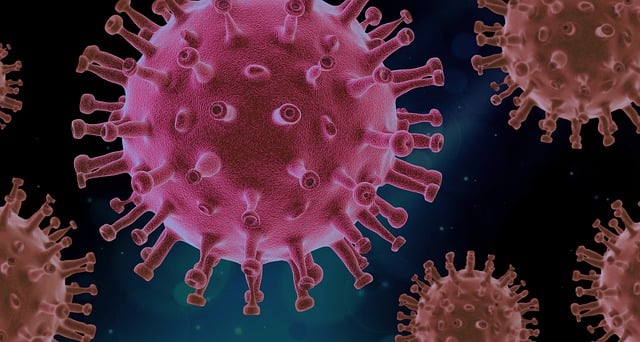
Going viral: Hitting the business media with our educational Mpox campaign
 By Ginny
By Ginny
On 14th August 2024, the World Health Organization issued a Public Health Emergency of International Concern (PHEIC) for mpox – the virus formally known as monkeypox. Sound familiar? It should. Mpox was also labelled a PHEIC in July 2022 before the alert was downgraded in May 2023.
So why was the spread of this disease happening again? Was the WHO’s warning downgraded too early? Our life sciences team saw these questions as the perfect opportunity for our client, The International Society for Infectious Diseases (ISID) to comment.
It became one of our life science team’s most successful campaigns of the year, reaching a possible 38.8 million readers. Here’s how we did it.
A strong opinion
The backbone of any successful news hijack is having a punchy opinion that adds something new to the headlines. A recent ISID journal editorial gave us exactly that, arguing that the seriousness of mpox had been downplayed, since most of those affected live in low- and middle- income countries. ISID President, Professor Paul Ananth Tambyah, drew a powerful contrast with the global response to COVID-19, which dominated international attention for years because it also hit high-income nations.
We used this narrative to highlight that not prioritising mpox had left African communities in particular very vulnerable and out of the spotlight. The result? A new mpox variant, a second PHEIC warning, and a crisis that could have been avoided.
Communicate the key message
Once we had the hook, we amplified ISID’s core message: the urgent need for international investment in robust disease surveillance networks. We also took the opportunity to educate readers about ISID’s biannual Congress and the role it plays in fostering collaboration between public health bodies, pharma companies, governments and local communities.
Global success
The campaign produced a spree of coverage, starting with a letter in The Financial Times. We also secured two interviews with The New Scientist (see here and here), a request for additional commentary with The Wall Street Journal, and a relationship-building interview with POLITICO.
Off the back of the comment, a BBC journalist reached out to get ISID’s opinion on the impact in Africa of the West Nile Virus, which hit the headlines after Anthony Fauci contracted it. After setting up an interview with Professor Tambyah, we secured two pieces of BBC coverage – the first discussing the challenge of curing the West Nile Virus, and the second exploring the link between climate change and mosquito-borne diseases.
All in all, our news hijack campaign achieved a possible reach of 38.8 million readers. We also established ISID’s credibility with several national and global news outlets, and solidified relationships with a number of key science and health journalists.
If you’re a life sciences, biotech or pharma organisation with an interesting story to tell, we’d love to hear from you. From infectious diseases to drug discovery, genomic sequencing, and clinical development, Spark’s dedicated life science team can help.
Get in touch at [email protected]